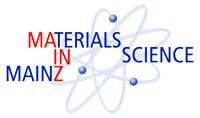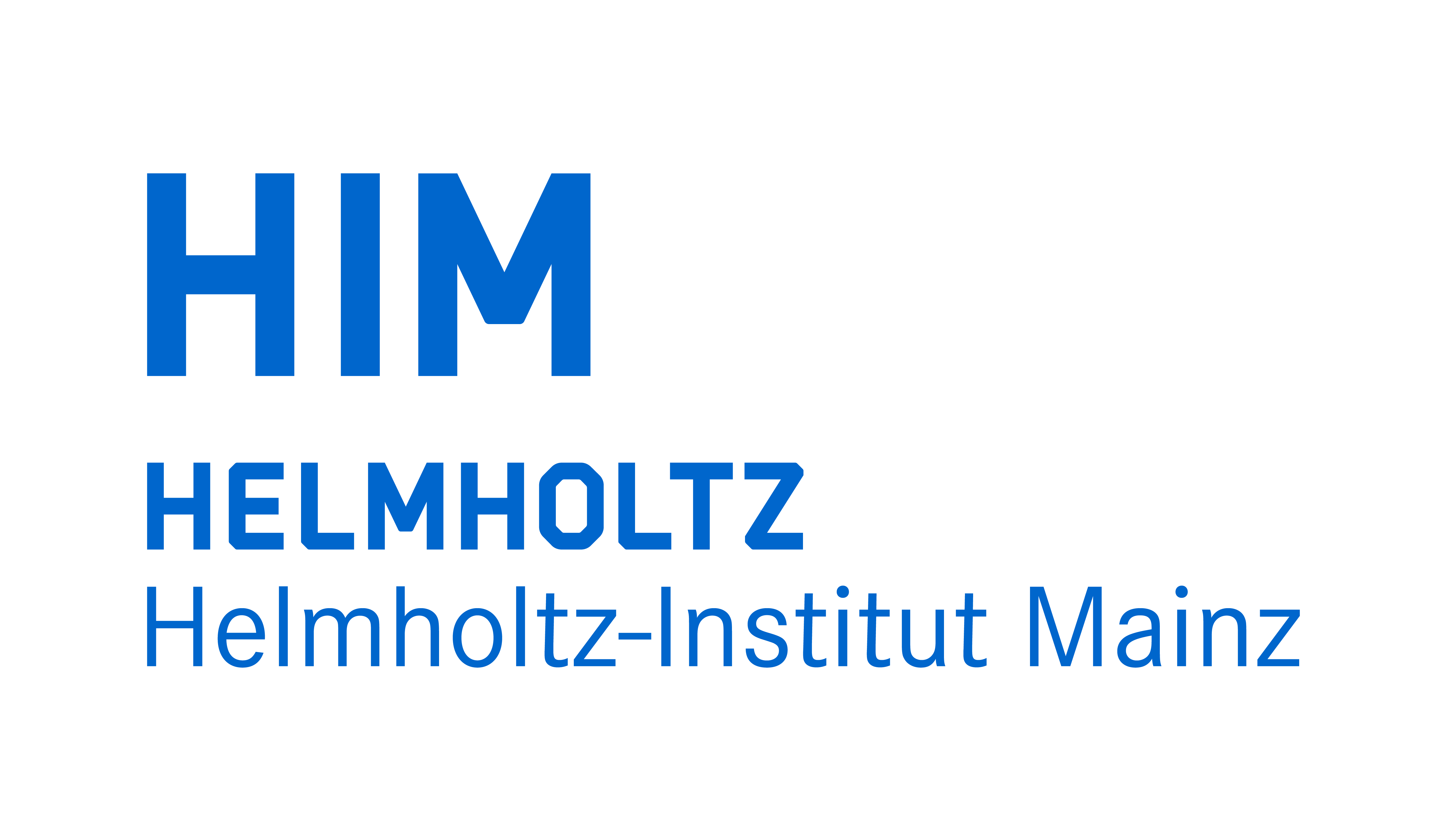


Physikalisches Kolloquium
Dec. 11, 2018 at
4 p.m. c.t.
in
HS KPH
Prof. Dr. Alfons Weber
Institut für Physik
a.weber@uni-mainz.de
Prof. Dr. Hartmut Wittig
Institut für Kernphysik
hartmut.wittig@uni-mainz.de
Relaxing hardware constraints: shifting the burden to software to make faster, portable and motion tolerant images
Prof. Lawrence Wald, Ph.D. (Harvard Medical School & Massachusetts General Hospital)
The textbook formulation of MRI is typically framed with uniform fields, well-controlled linear gradients and stationary objects. If violated, corrections are imposed to nudge the data back into the proper form. If instead we replace image reconstruction with a more general optimization-based strategy, the increased computational burden can buy us important benefits. We show the potential of moving in this direction in three experiments; a fast imaging method otherwise compromised by small gradient control errors, a reconstruction that jointly estimates both the image and patient motion, thus producing artifact-free images of moving patients, and a 120 kg but inhomogeneous brain MRI that forms images with no switching gradients (and is thus also silent). We also show the potential of the method to eliminate motion and gradient mis-calibration artifacts from MR images. Finally, Machine Learning approaches appear poised to either completely take over the model-based reconstruction, offering a very general form of model, or perhaps less scary, do some of the more difficult and computation-time consuming steps.